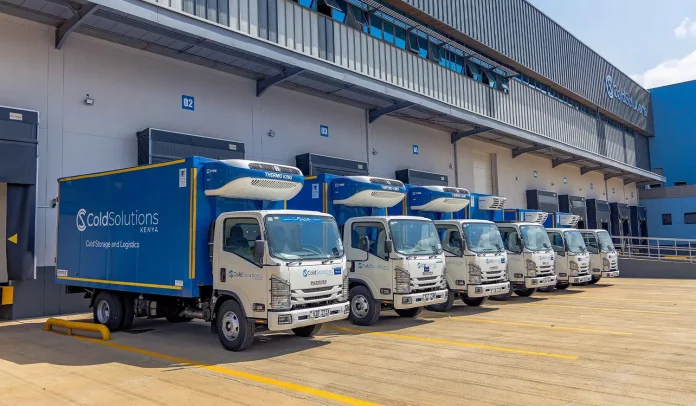The agriculture sector plays a critical role in Kenya’s economy, contributing about 30 percent of the Gross Domestic Product (GDP) and 80 percent of national employment, mainly in the rural areas.
The sector contributes more than 60 percent of the total export earnings and about 45 percent of government revenue, while providing for most of the country’s food requirements.
Despite its crucial role, various challenges, among them financing gaps continue to cripple its growth. For decades, smallholder farmers and agri‑SMEs have cited access to long‑term, affordable, risk‑aware finance as the biggest nightmare in the sector.
Particularly, agricultural essentials including equipment, storage, and processing require longer timeframes and greater upfront investment, which many Kenyan institutions could not support without external backing.
Additionally, risks such as foreign‑exchange exposure, unpredictable weather, and limited market linkages narrow the sector’s margins. As a result, players along the value chain particularly in processing, handling and cold storage remain undercapitalised or under‑resourced.
To begin with, most banks find supporting farmers with credit facilities high risk due to the small scale of farming involved in most cases and the effects of climate change that make commercial return uncertain.
Further away, most international investors do not really understand Africa and the perceived risk of investing here is far greater than the actual risk. This has made it very hard for African companies to attract the kind of capital that they need to grow, and this includes those in agri-tech.
Additionally, we often hear that only fintechs can raise a substantial amount of funding in Africa. However, for Kenya, that is not quite the case as the country’s venture capital system supports various sectors including tech enabled health, education, urban mobility or agriculture.
How funding from the EIB helped our businesses to break even
These are part of the challenges the European Investment Bank (EIB) is addressing through its wave of investment and partnerships with local private equity funds and venture capital funds.
The EIB was among financiers supporting the ARCH Cold Chain fund, which is building temperature‑controlled storage facilities, an infrastructure that aims to reduce post‑harvest losses and improve the quality of produce along the value chain in horticulture, meat, and poultry.
“We at the EIB are very proud to be a supporter of ARCH Cold Chain Fund. The facility they have set up in Tatu City is unique in the quality and flexibility it offers for cold storage of produce. We are glad that it is going to address a real need to reduce wastage and set global food safety standards in the region. While the recent downturn in the economy has sometimes been discouraging private investment across the continent, this is a great showcase of what support to the private sector can achieve,” Head of EIB Regional Hub for Eastern Africa Edward Claessen said during its launch.
The support to local companies is currently being offered through the Boost Africa programme, a joint initiative of the African Development Bank (AfDB) and the European Investment Bank (EIB), with support from the European Commission.
Through the initiative, the EIB is providing capital and technical assistance to both private equity fund managers and startups with high growth potential.
Some of the agricultural startups that have benefited from the Boost Africa initiative are FarmDrive, an agritech providing credit scoring and financial access for smallholder farmers.
Others are Shamba Pride, an agricultural input firm, that received financing from Seedstars Africa Ventures I, an EIB backed Venture Capital Fund investing in early-stage companies including agri-tech.
Samuel Munguti, the CEO and founder of Shamba Pride, says the Boost Africa support has not only boosted the company’s revenues but also aided its expansion to other regions.
“Our first cheque was USD500,000, and that unlocked a lot of opportunities for Shamba Pride. Within 3 years from 2021, we grew our revenues from Sh5 million to close to Sh300 million,” said Munguti.
Shamba Pride’s digitized services have helped over 80,000 smallholder farmers access quality inputs by linking them directly to a network of over 4,000 agro-dealers.
“Farmers in the Shamba pride ecosystem report a 2.5x increase in farm productivity,” Munguti notes.
As of 31 December 2024, EIB had invested EUR 78 million in Boost Africa, which in turn had mobilised close to €400 million in new investment from other public and private investors who were attracted by EIB’s catalytic decision to invest. This has generated thousands of direct jobs, especially for youth and women.










